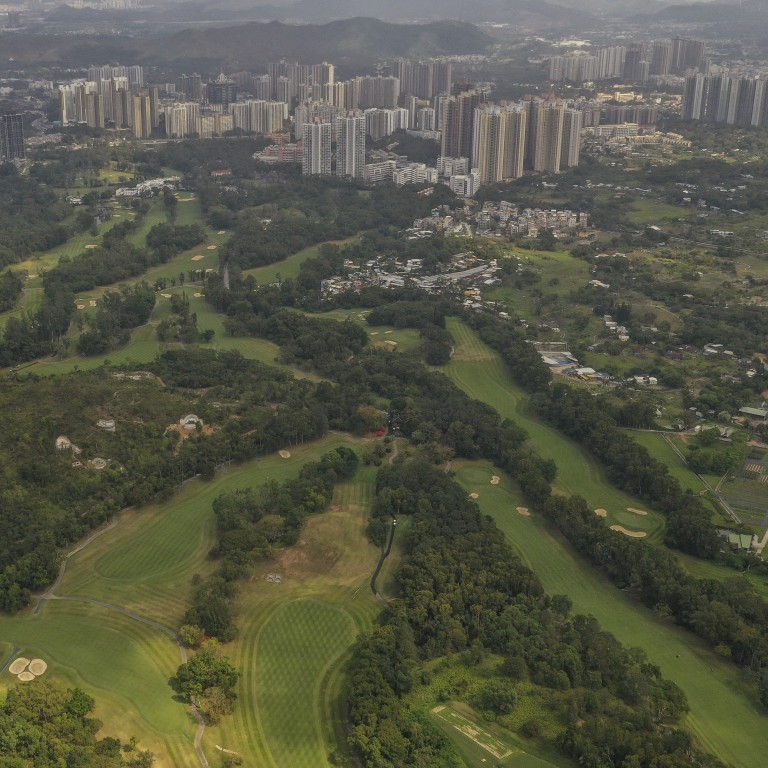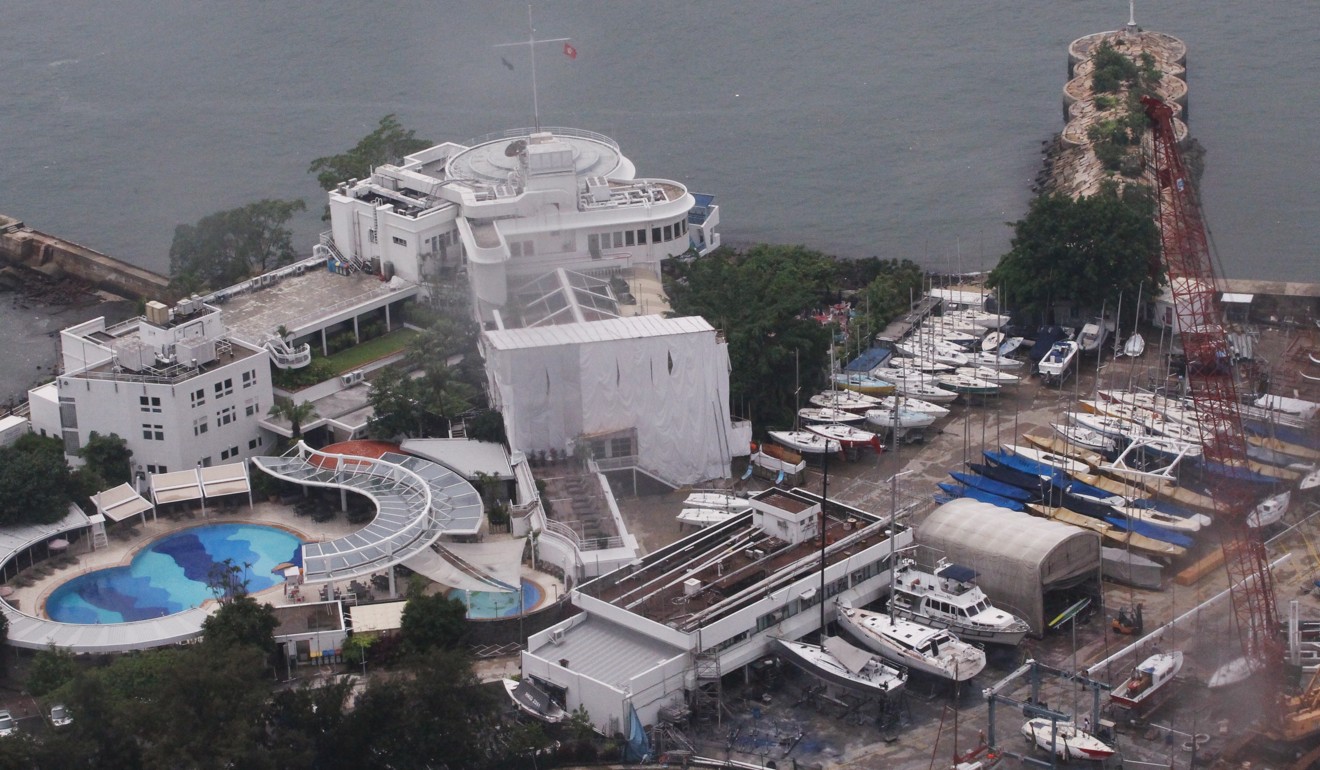
Hong Kong’s elite sports clubs keep cheap rental deals for now as government remains undecided on charging land premium to renew leases
- Home Affairs Bureau reveals results of a public consultation on private recreational leases, which cover 27 facilities held by 24 private clubs
- Critics accuse government of subsidising the rich as most of the sites are used exclusively by members of city’s elite
Hong Kong’s elite sports clubs look likely to keep paying cheap rates for prime sites for now as the government remains undecided over whether to demand one-third of the market value of the land when renewing their leases.
That came as the Home Affairs Bureau on Wednesday night revealed the results of a public consultation on a review of Hong Kong’s private recreational leases – which cover 27 facilities held by 24 private sports clubs including for golf, cricket and boating.
Following the review, the bureau said the government would renew the lease for 140 hectares of Fanling Golf Course and the Che Keng Tuk site held by the Royal Hong Kong Yacht Club until June 2027 at a nominal land premium due to their contribution to the city’s sports development.
The government will resume another 32 hectares of the golf course for housing.

The six-month consultation, conducted from March last year, followed 10 years of mounting public calls for a review to eliminate the perceived social injustice over land use by such clubs as the city battled a housing shortage and skyrocketing property prices.
Critics accused the government of subsidising the rich as most of the 27 sites were used exclusively by paying members of the city’s elite.
Houses to be built on Fanling golf course from 2024
In a Legislative Council paper, the bureau said it had received a total of 4,250 submissions containing the views of some 5,611 organisations or individuals.
More than 3,600 submissions came from people connected to the clubs such as staff and users.
On the most controversial proposal – whether the clubs should be required to stump up one-third of the market value of each site to renew their leases – 91 per cent of 2,900 respondents opposed the move. Most of the opponents were from private sports clubs and related parties, the facilities’ users and business chambers.
They argued that charging a land premium would cause a severe financial burden on the clubs, drive up membership fees and affect the maintenance of existing facilities and the development of new ones.
The bureau said some national sports associations also raised concerns that higher rents would affect maintenance and compromise the facilities.
Aside from opposition to the land charge, the public responses were in general supportive of the proposals, the bureau said.
“As regards the charging of concessionary premium, we will further examine the submissions received during the public consultation with relevant bureaus/departments,” it said.
A requirement to further open up facilities to eligible groups for up to 30 per cent of their operating hours as well as holding 240 hours of public activities a month would be imposed on new leases as some 82 per cent of 1,343 respondents supported the proposal.
Regarding four leases that expired in 2021 to 2024, the bureau said it would do a detailed assessment of their respective contribution to sports development.
Closing private clubs could kill Hong Kong sports and is not the answer to the housing crisis
Civic Party lawmaker Tanya Chan criticised the government for dragging out the issue of land costs for lease renewal.
“The government is being irresponsible by dragging out the most sensitive topic [of the consultation],” Chan said.
She said the lease policy had been abused, as some clubs offered commercial activities such as restaurants or mahjong.
An Audit Commission report in 2013 criticised the clubs for rarely opening their sports facilities for public use, adding that some conducted commercial activities there.
Additional reporting by Elizabeth Cheung

